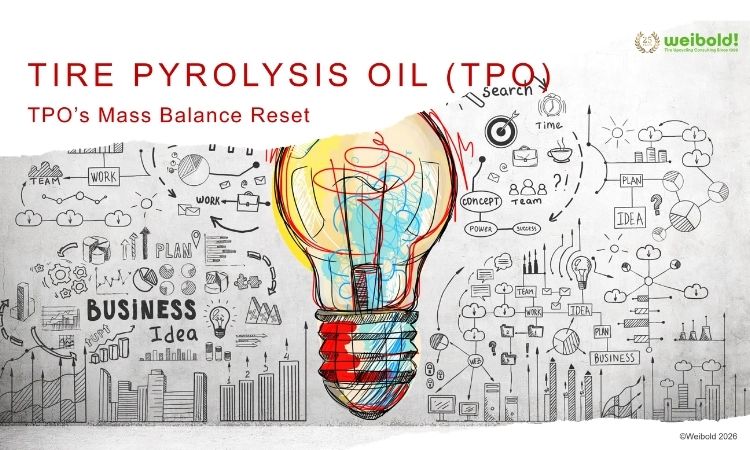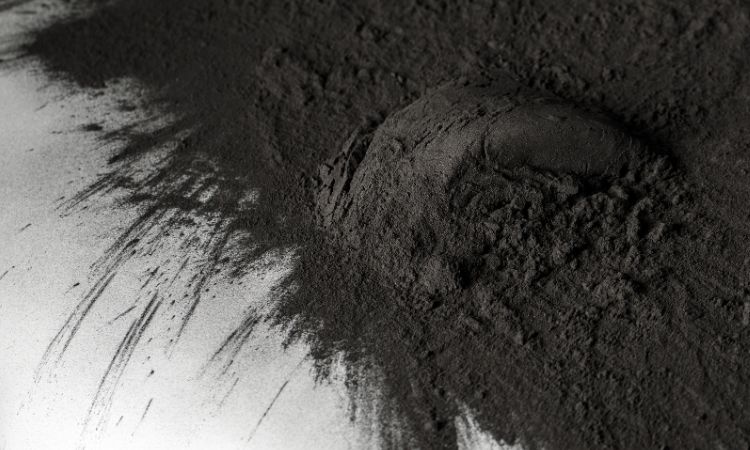MOL's new rubber bitumen plant in Hungary grows into success story
In 2019, a Hungarian city of Zalaegerszeg in the Zala region saw the construction of a new rubber bitumen plant capable of recycling 20,000 tons of scrap tires annually; the facility successfully started operating this year.
The company behind the plant construction is the local energy and chemical company MOL. Moreover, the development is possible thanks to a huge investment allocated by MOL; at the same time, the State Enterprise Investment Support Program also provided partial funding to the initiative. In total, the sum of investment is estimated at 3 billion Hungarian Forint.
MOL's tire recycling facility in Hungary | Video by Bloomberg.
The facility development came after earlier last year Hungarian top officials, including finance minister, participated in the ceremony during which they laid the foundation stone of the new rubber bitumen plant in Zalaegerszeg.
The rubber bitumen that the plant manufactures can be used in road construction and asphalt projects; by means of adding of this recycled material roads show greater durability and resistance. It is noteworthy that the Hungarian plant relies on environment-friendly technology and on a patented system jointly developed by MOL and Pannon University specialists.
The new facility, as reported by MOL plans to use some 3,000 tons of waste rubber every year – these materials are used to manufacture rubberized bitumen. In total, it helps to recycle around half a million scrap tires – this figure represents 8-10 percent of the annual tire waste in Hungary.
Article by MOL.
Weibold is an international consulting company specializing exclusively in end-of-life tire recycling and pyrolysis. Since 1999, we have helped companies grow and build profitable businesses.









